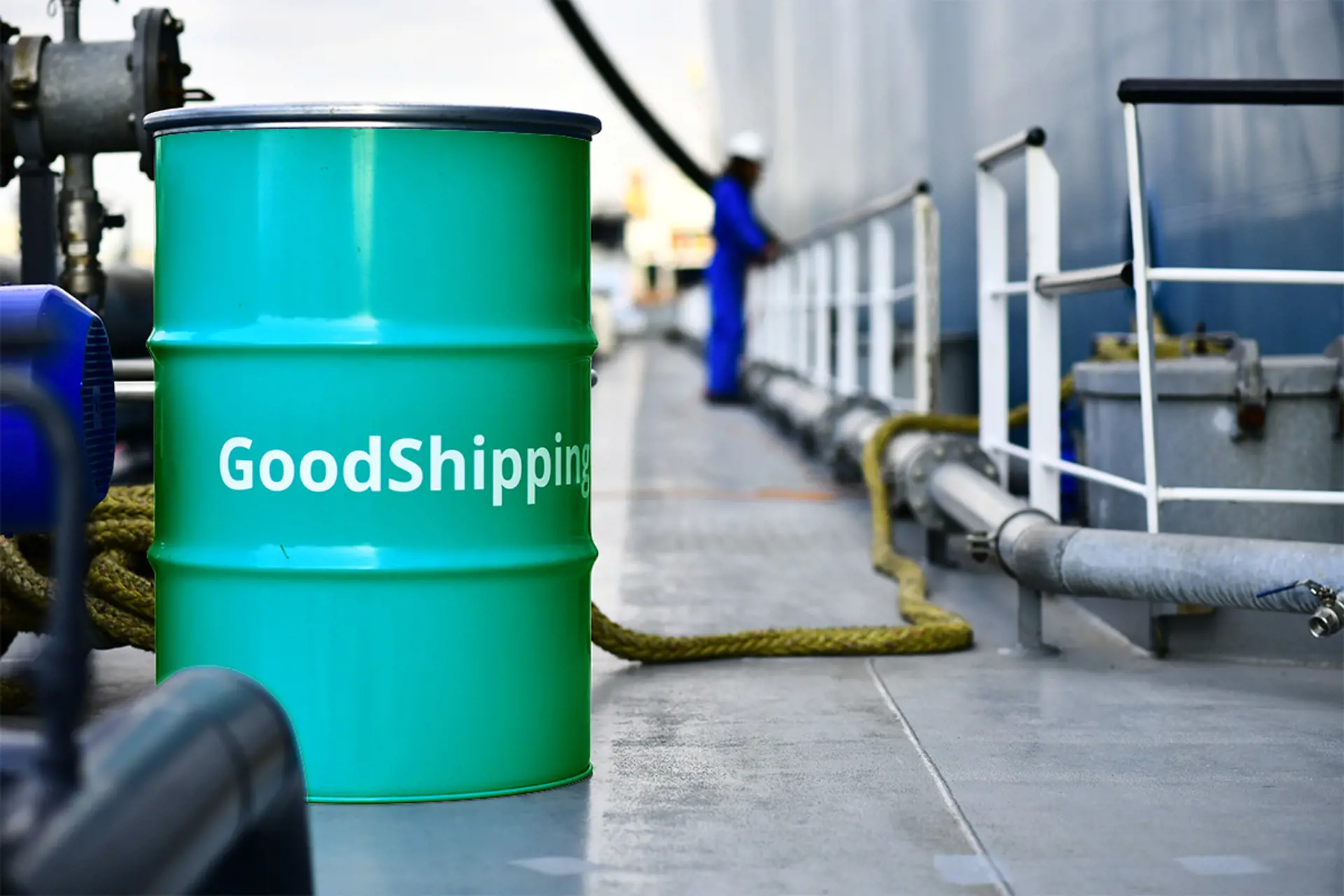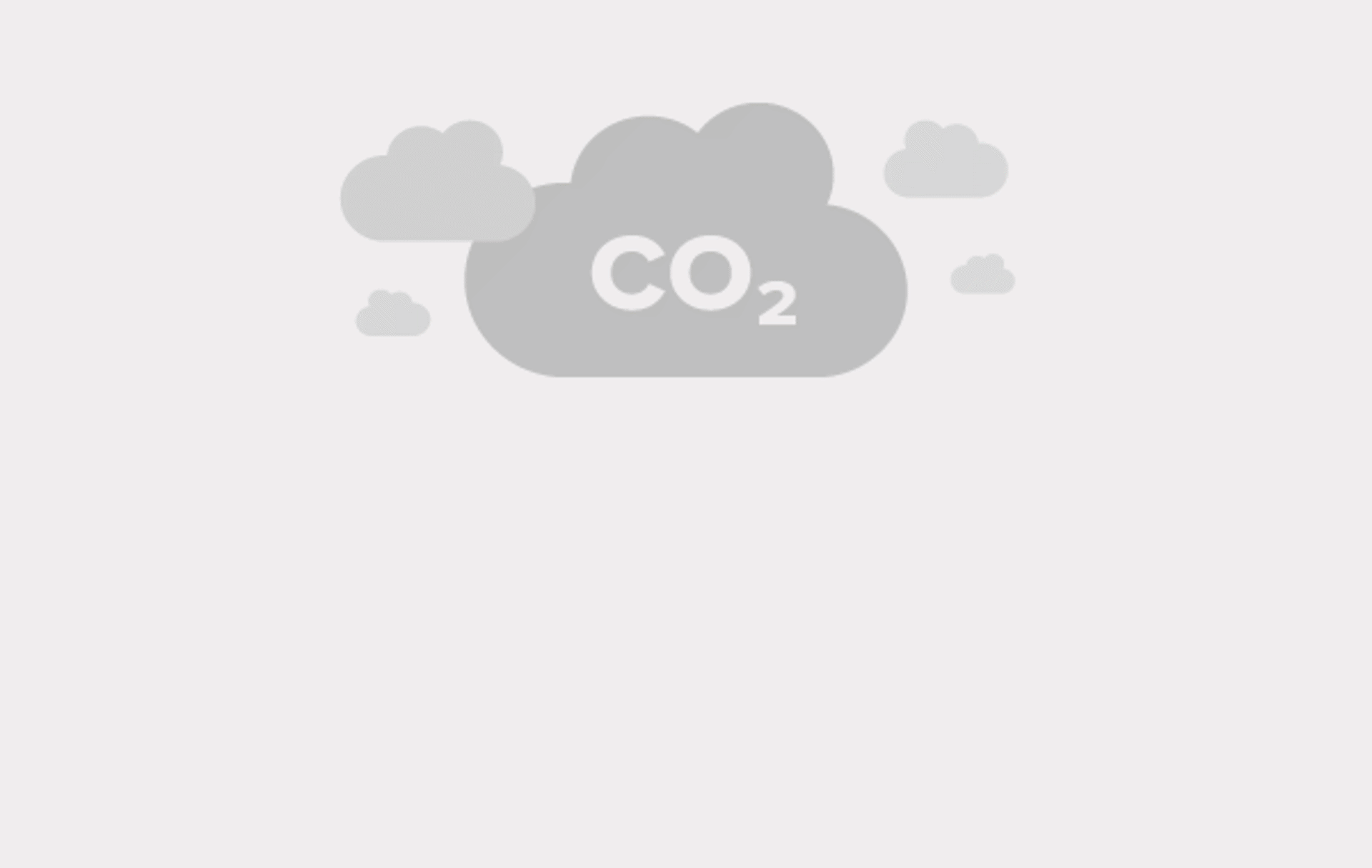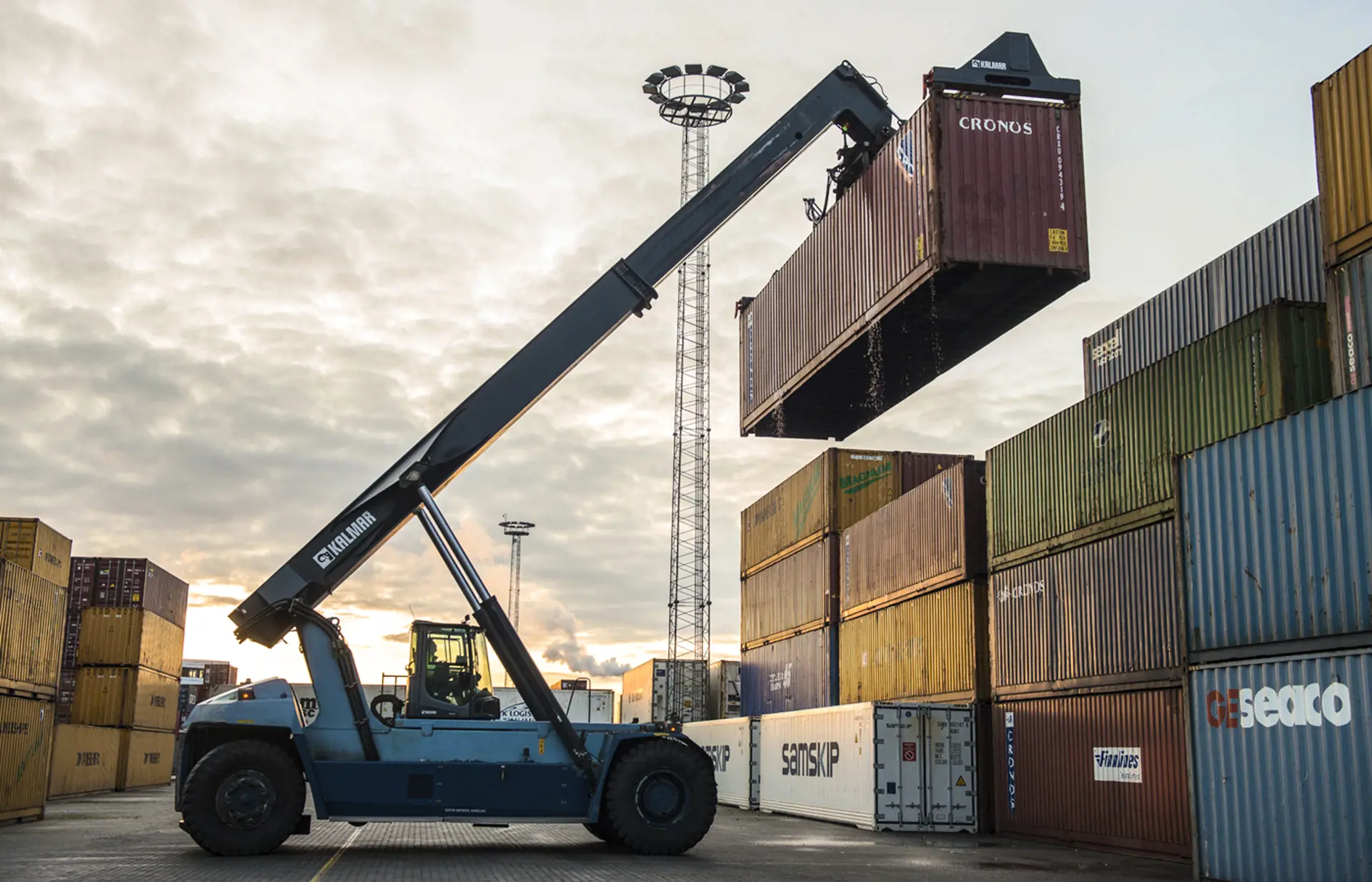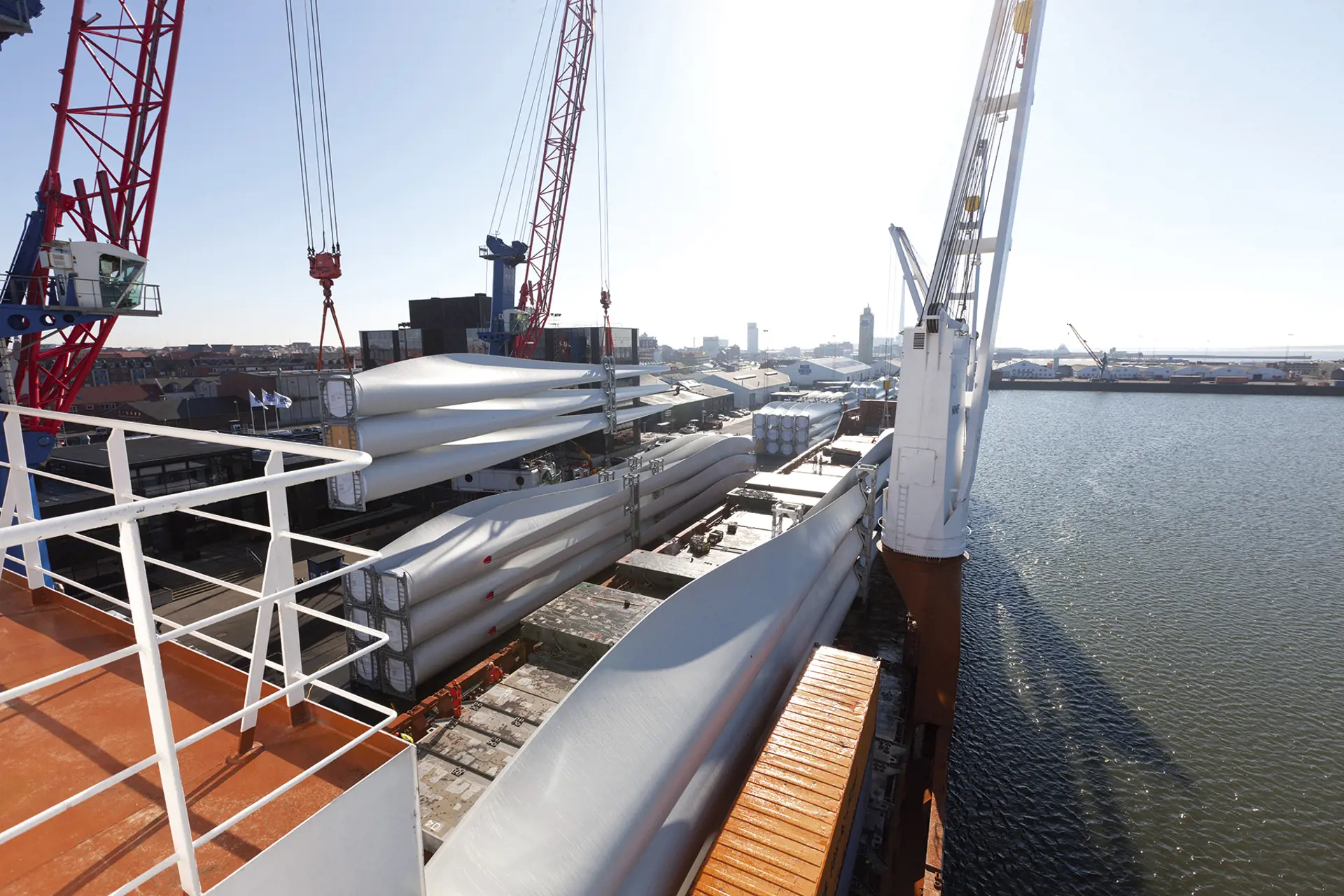Carbon emissions from different transport modes
Blog
Focus on carbon emissions when choosing the right transport solution
Every company and supply chain is different. Perhaps you need solutions for import, export or both. Perhaps you are a trading company buying products or services from other companies, perhaps you have a local production of varying commodities, or perhaps you hold production in another country. No matter how your supply chain is organised, you need the right arrangement of your transport and logistics to keep the wheels turning.
Carbon emissions from global supply chains are affecting our climate negatively. However, you can choose between several transport modes to lower the carbon emissions from your company’s supply chain.
The main factors influencing the choice of transport mode are usually:
- Rate of speed
- Cost-efficiency
- Routing/distance
What is most important to you?
The main rule is that slower transport modes are emitting less carbon into our atmosphere. Transporting larger quantities over long distances is hereby most environmentally friendly by sea freight or rail freight. Transporting smaller quantities over shorter distances is most environmentally friendly by road transport. Another factor is that the longer the transit time, the lower the cost of transport usually is. So, by choosing sea or another transport mode with longer transit time, the lower are carbon emissions and costs.
However, this requires that your company is organised for a slow-paced supply chain. Depending on your need for regularity and capacity, this can include changes in the planning. We do see examples of company’s using this focus on environment actively in their branding or marketing as a justification for longer waiting times for products or services.
If your company depends on the fastest delivery options available on the market, air freight for longer distances or courier services for shorter distances are possible. These solutions are in the high end of the price range and cause much carbon emissions compared to the amount of goods transported.
Replacing fossil fuels with greener options
A vital invention for the transport and logistics industry is the development of alternative fuels. These – often bio – fuels replace the oil-based fuels that are causing massive amount of carbon emissions into our atmosphere. Some alternative fuels can even reduce carbon emissions with up to 90%.
Alternative fuels exist for all modes of transport, replacing fossil fuels. However, the development of alternative fuels still has great potential. Today, Blue Water offers the insetting method (replacing fossil fuel with alternative fuel such as bio) though the internationally acknowledged partner GoodShipping.






